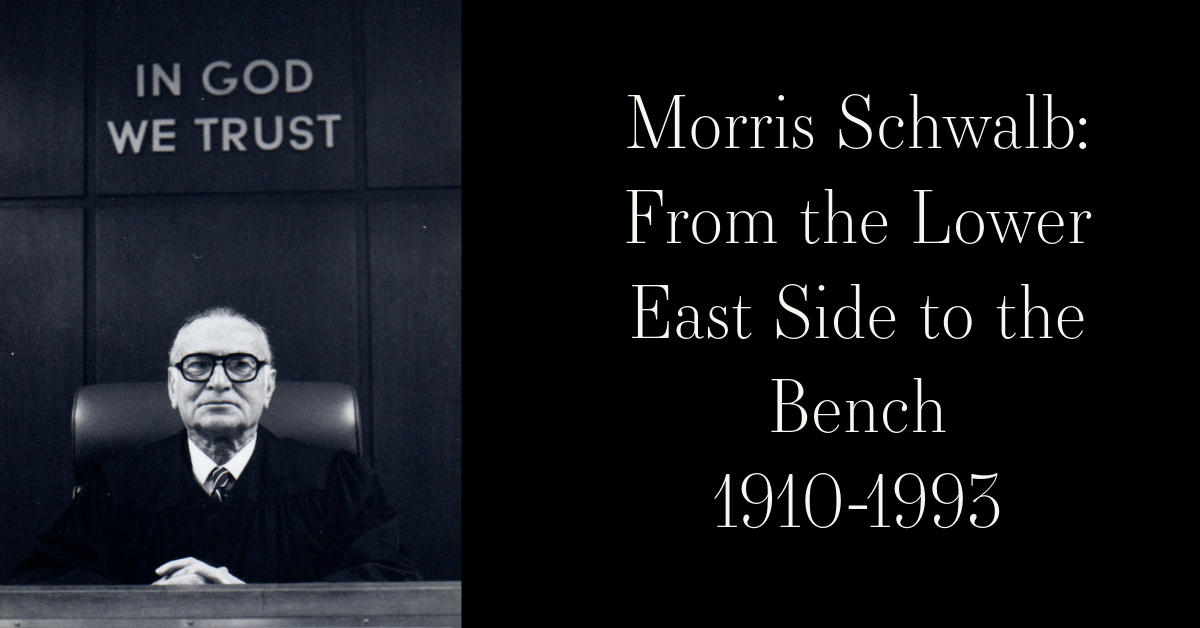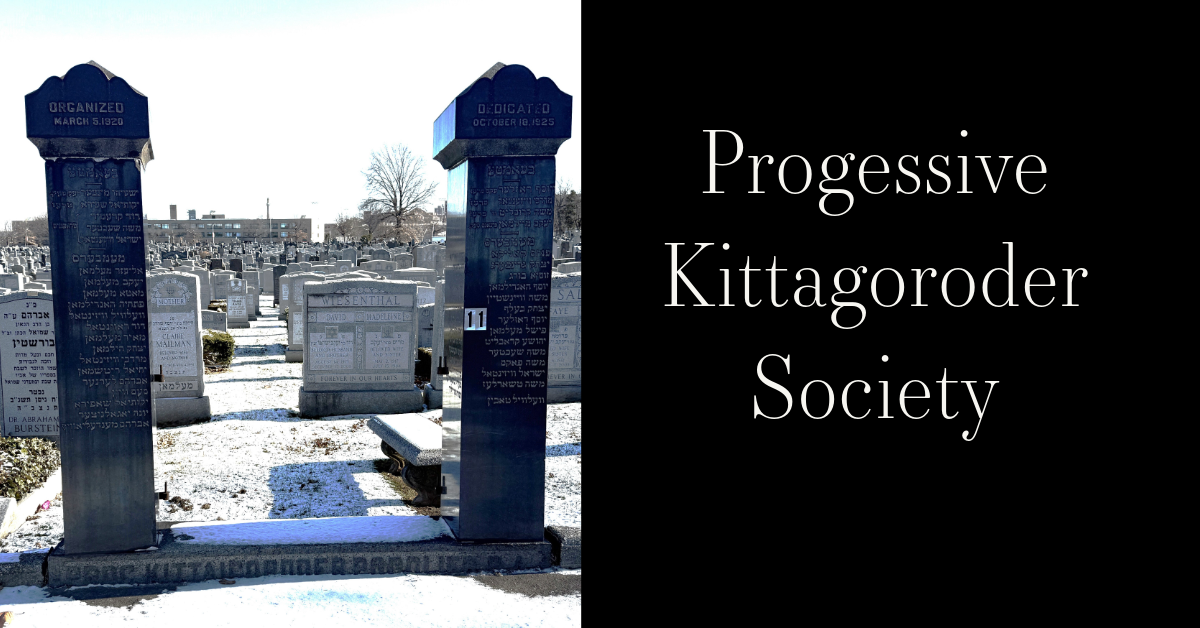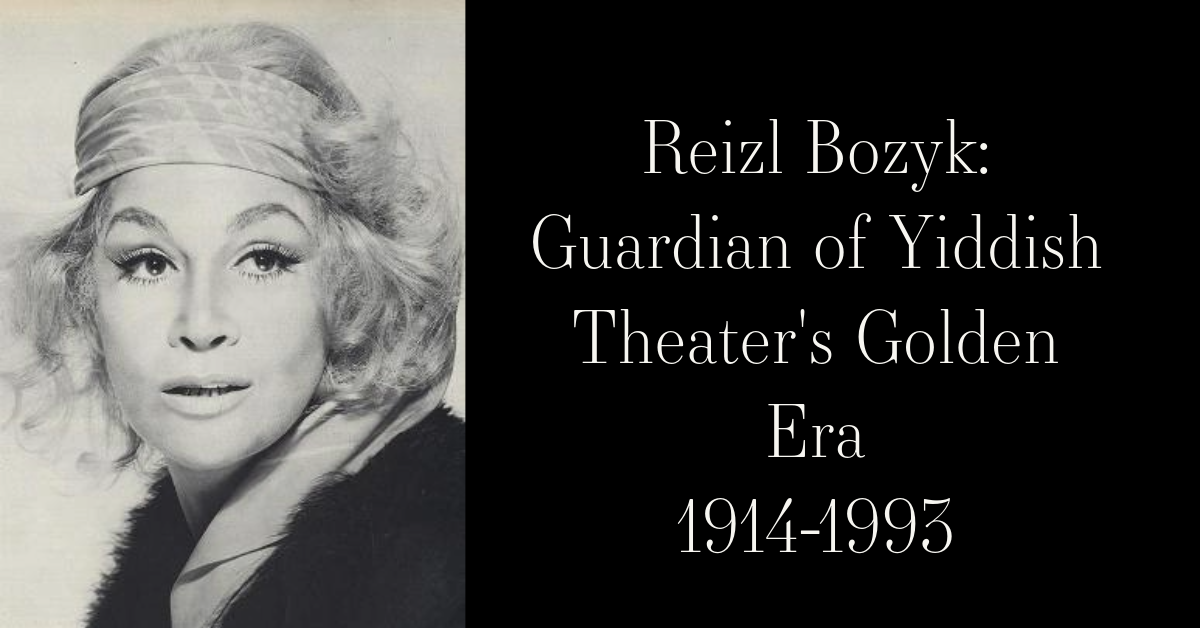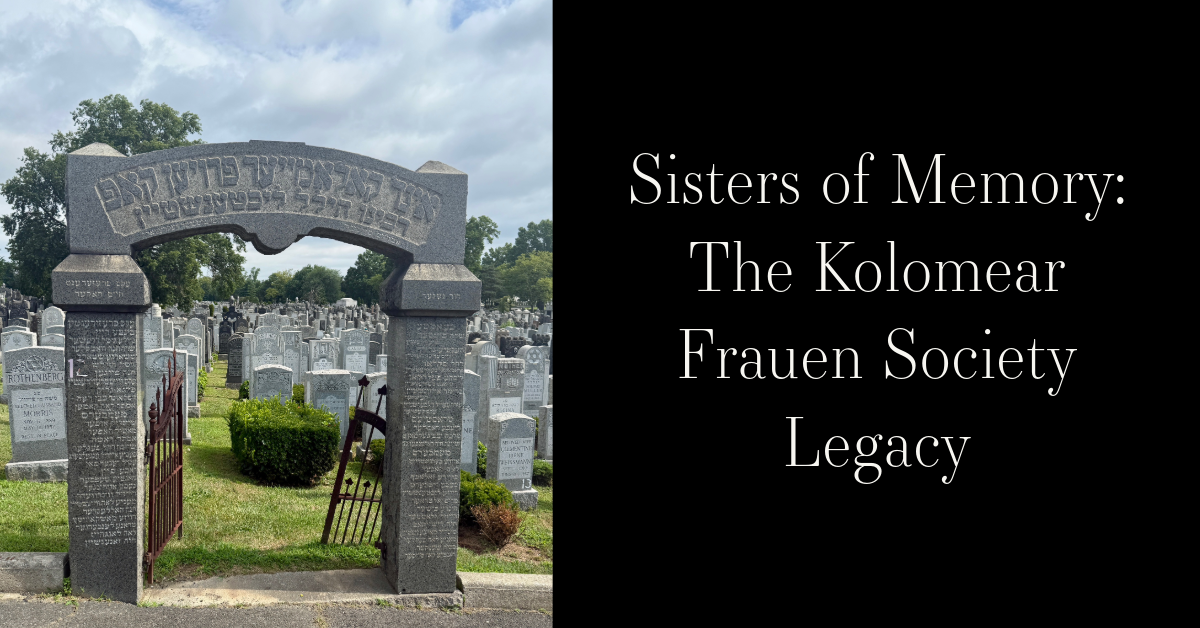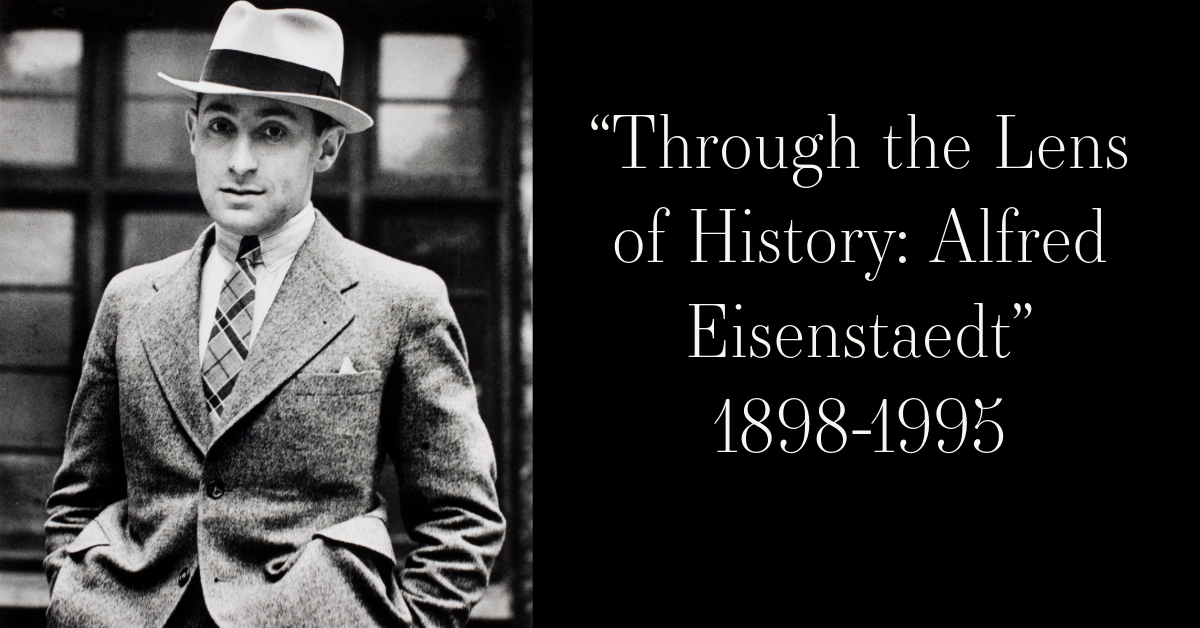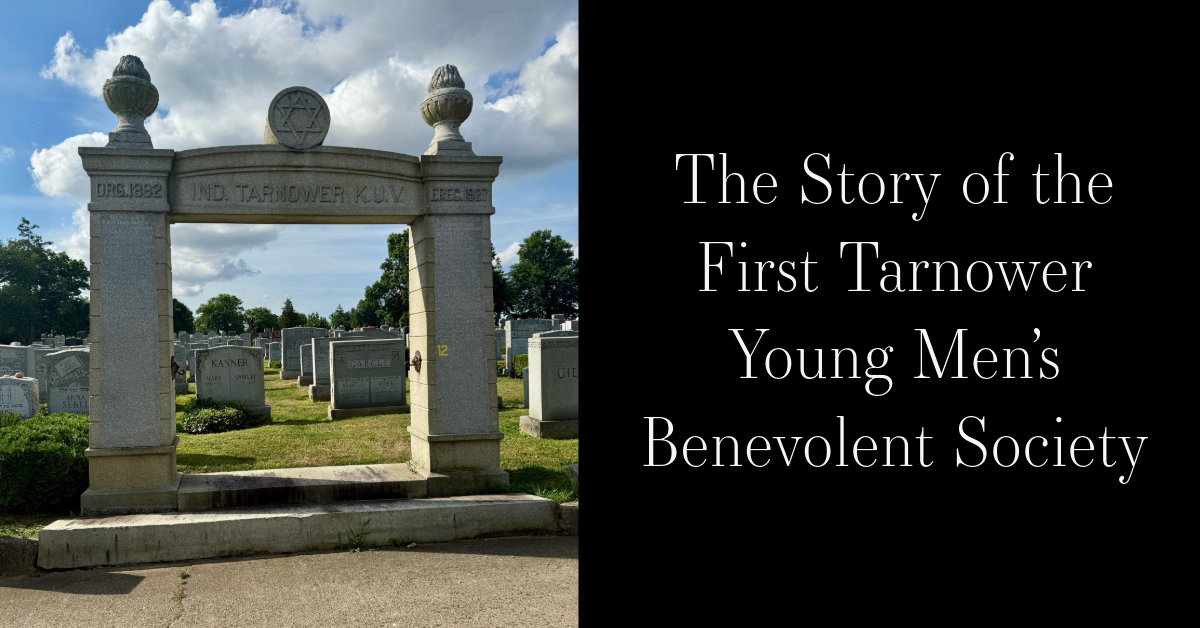Story Summary:
Samuel Vigoda is generally considered to be one of the last of the star Chazanim of the "Golden Age".Samuel Vigoda lived well into his nineties, and was feted by Chazanim until the very end of his life. He travelled extensively, giving concerts in practically every large city in the United States and Canada. He was a composer, as well as a performer, and left behind some treasured recordings of his remarkable singing.
~Blog Written by Priya Permal
Cantor Samuel Vigoda: The Voice of a Community
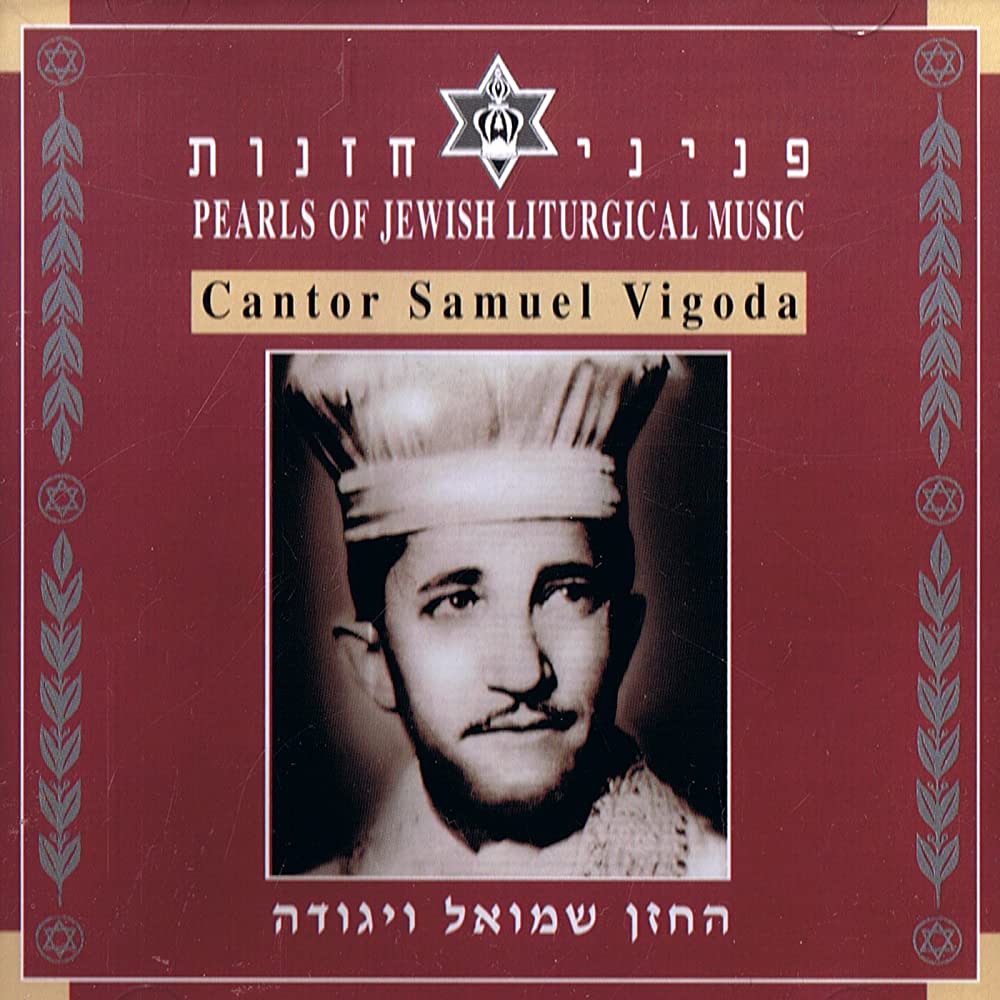
Cantor Samuel Vigoda was born on October 8, 1892, in Dobrzyń nad Wisłą, Poland. He was born to Regina and Fulop Vigoda, a Chazan (cantor) and Shochet (butcher). Although his father had two jobs, the family struggled. Having seen his father’s financial difficulties, Samuel was initially not interested in becoming a Chazan. To improve their circumstances, his father moved them to Hungary. The town where they lived was visited by Cantor Yossele Rosenblatt, who had come to officiate a wedding. At the reception, his father sang and was accompanied by Samuel and his brother. Rosenblatt was amazed at the talent of the two boys and asked for them to come live and sing with him in Pressburg (now Bratislava, Slovakia). During his time there, he attended yeshivas in Pressburg and Klausenberg (now Cluj-Napoca, Romania). About two and half years later, Rosenblatt decided to move to Hamburg, and the boys returned home to their parents.
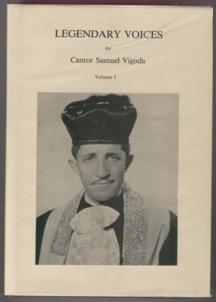
After graduating high school, he worked as a Hebrew teacher before beginning his studies in medicine. His studies were interrupted by his conscription into the Hungarian Army to fight in World War I. After completing his service in the army, he tried to return to his medical studies. The university he had been attending was now part of Romania, and the University of Budapest had met their quota, which meant Samuel could not continue his medical studies.
 |
In order to make a living, Samuel took to Chazanut. His work around Budapest garnered him a wonderful reputation. This made many people flock to services to hear his voice. He then traveled to Switzerland, Germany, and the Netherlands, where he did well in various synagogues. Samuel then moved to Paris, where he was offered the position of Chazan in the largest Orthodox Synagogue. He declined the position, and then in 1923, he left France and immigrated to America. On May 11, 1923 Samuel arrived in New York. He took many jobs around the city before contacting Rosenblatt, who offered him a position at his synagogue, Ohab Zedek. As a result of Rosenblatt’s departure, Samuel took over Rosenblatt’s position at the synagogue. Due to the recognition he had garnered for his marvelous performances, Samuel went on to travel across many cities in America and Canada to put on concerts. Besides performing, he was also a composer, and he left behind many recordings of his singing. Samuel wrote extensively about the history of Cḥazzanut in Europe and the United States. In 1980, the Ḥazzanim Farband of America and Canada bestowed upon him an award for his work. In 1981, he published Legendary Voices: The Fascinating Lives of the Great Cantors, the book detailed the lives of notable Ashkenazi Chazzanim.
In his lifetime, Samuel Vigoda was husband to Libbie and father to Philip, Johanan, and Rita. He was a world-renowned Chazan, who left a lasting impact as a notable figure in the Chazzanim Golden Age.
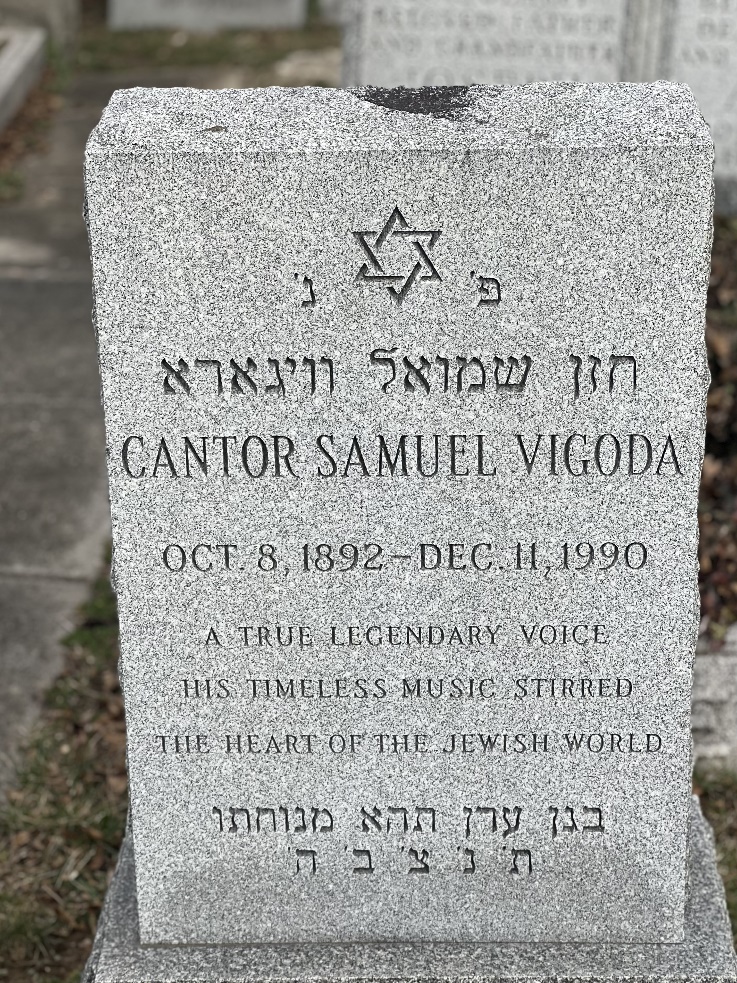
Blog by Priya Perumal
Sources:
https://www.geni.com/people/Cantor-Samuel-Vigoda/6000000042363613340
https://www.ancestry.com/genealogy/records/cantor-samuel-vigoda-24-1kt38t6
https://geoffreyshisler.com/biographies-2/samuel-vigoda/
https://www.encyclopedia.com/religion/encyclopedias-almanacs-transcripts-and-maps/vigoda-samuel







